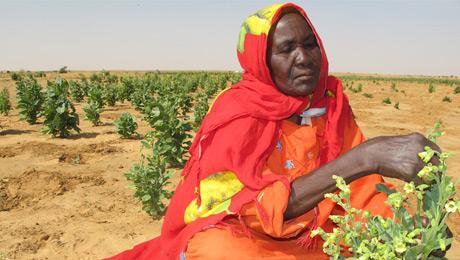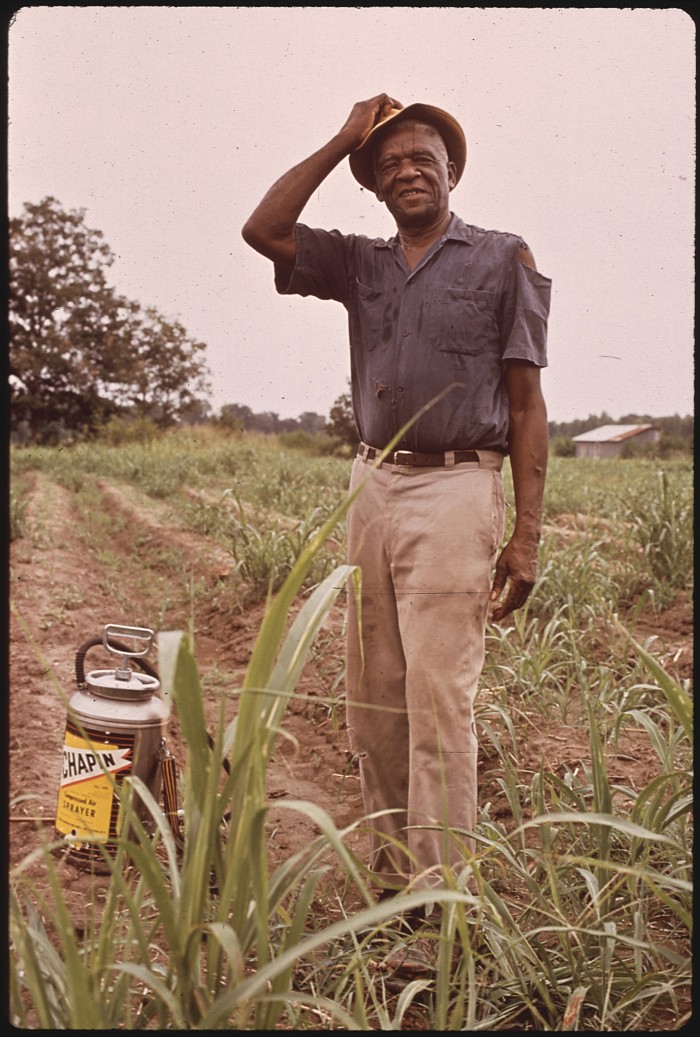Getting a Grip on Climate Change in the Philippines : Extended Technical Report
Philippines currently experience and
will continue to face significant impacts from climate
change. To ensure climate resilience, build a low-carbon
economy, and increase its role in the global climate change
dialogue, the Philippine government has launched strong
climate policy and institutional and financing reforms,
supported by a clear rationale for no-regrets action.
However, transformative progress toward a more climate






